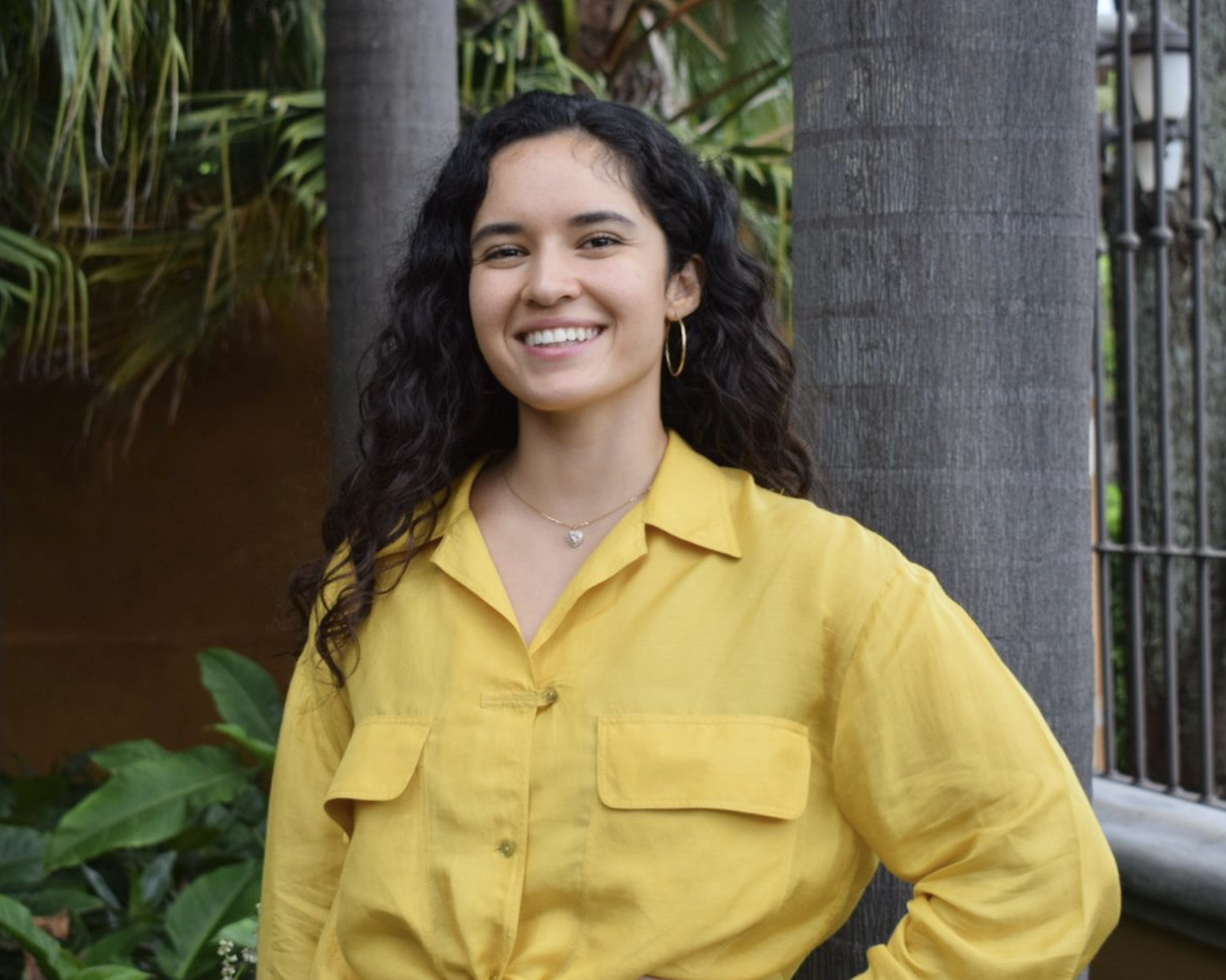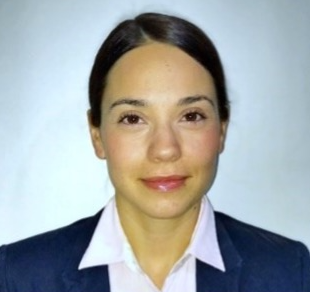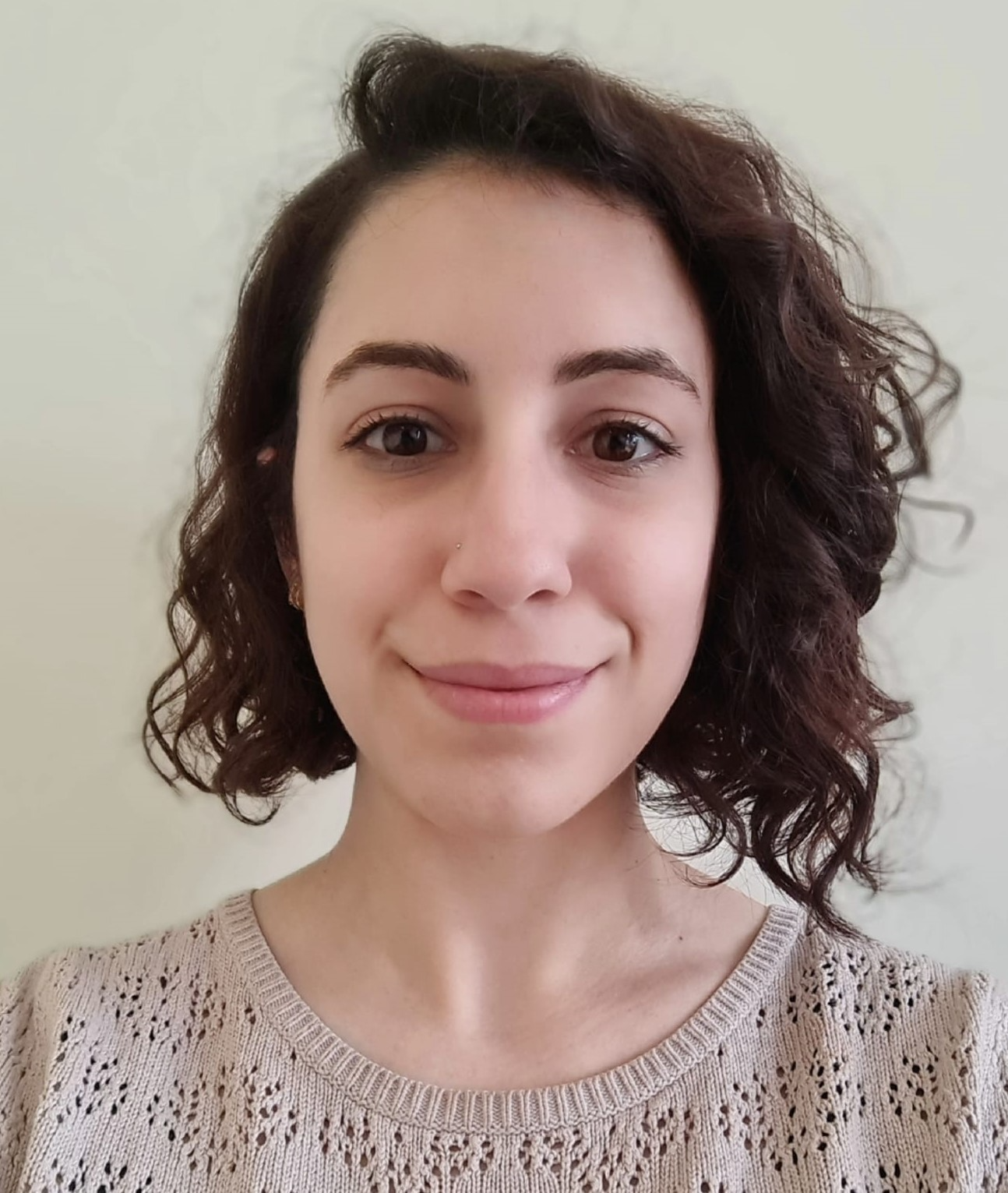
How these young researchers are preparing for their first scientific conference
Three Psychology students will present a poster of their thesis research on Alzheimer’s and dementia at the international conference AAIC Neuroscience Next. ‘I remind myself to recognise - without fear or shame - when I don't know something.’

'These findings show that Alzheimer's disease goes beyond affecting memory and language'
What is your research project about?
‘My research project is about motor skill deficits in Alzheimer's disease (AD) and amnestic mild cognitive impairment (aMCI). Specifically, with Marit Ruitenberg and Vincent Koppelmans (University of Utah), we investigated if aMCI and AD can affect motor sequence learning abilities. We also investigated if motor sequence learning measures relate to AD biomarkers (amyloid beta, hippocampal volume and APOE) and if these measures can potentially enhance the prediction of such biomarkers.’
What are you most noticable findings?
'The main findings are that 1) people with AD and aMCI are less proficient that healthy individuals in a series of motor sequence learning measures including reaction time and coefficient of variation, and to an extent in learning rate (the 'speed' at which they learn a sequence of movements), 2) that a worse performance in motor sequence learning measures is associated with higher biomarker burden - higher amyloid deposition and lower hippocampal volumes, and 3) we found that combining motor motor sequence learning measures with cognitive tests enhances the potential of a statistical model to predict AD biomarkers, when compared to cognitive tests-only or a motor variables-only models.
These findings are important because they add to a growing body of evidence indicating that AD goes beyond affecting memory, language or other known cognitive functions and also affects how well individuals are able to coordinate and learn movements. Also, the field of AD research is constantly looking for less invasive sensitive ways to detect subtle changes that may suggest that the disease is starting to develop, hence providing a window for early intervention. Our findings suggest that motor sequence learning measures might have potential as non-invasive screeners for AD.'
How do you prepare for your presentation?
‘I would say that most of the preparation has been done throughout the process of writing the thesis, which is where I really got to understand the subject and the key ideas. Also, I had the opportunity to present it before in the university, so that experience already helped me to find ways of concisely communicating our findings. Right now I am working on a poster, where the biggest challenge is to condense a lot of information into digestible format, with a logical flow of information and that also is aesthetically pleasing and captures people's attention. Marit has been of great help with this, and also what has helped is looking at posters and presentations from other researchers.’
Paula Carmona, master student Clinical Neuropsychology

'Practice effects seem to have more significance than we thought in the development of Parkinson's disease'
What is your research project about?
‘Besides the motor symptoms, individuals with Parkinson’s disease (PD) also experience nonmotor symptoms, including cognitive problems. While some retain cognitive function over time, others develop deficits, making it difficult to predict which individuals will fall into which of these groups. Our current research examined whether one-year practice effects on cognitive tests are predictive of mild cognitive impairment (MCI) and Parkinson’s disease dementia (PDD).’
What are you most noticable findings?
‘We found that 39% of participants developed MCI and 10% PDD. But here's the interesting part: Individuals who showed smaller-than-expected practice effects in tests of attention, memory, and language were associated with an increased risk of the development of both MCI and PDD. So, practice effects seem to have more significance than we initially thought.’
How do you prepare for your presentation?
'Preparing for a conference presentation requires careful planning on my part. Initially, I focus on selecting relevant information that aligns with the conference's scope. This involves identifying key ideas and relevant findings that I want to present, while considering the time and space limitations of the presentation.
Once I have gathered the essential information, I design the presentation. I began by obtaining a template that includes all the necessary sections and boxes. Then, I carefully add the information, making sure it is arranged logically for optimal readability and comprehension. This process allows me to effectively communicates my message during the presentation.’
Sofía Avila Pérez, research assistant at the unit of Health, Medical, and Neuropsychology

'Preparing a presentation can be seen as a fun next step'
What is your research project about?
'This research project examines how the cognitive function of patients with Alzheimer's disease is affected by Cerebrospinal Fluid (CSF) biomarkers and Cognitive Reserve factors. It focuses on amyloid-beta and tau expression as CSF biomarkers, and years of education and occupation (skill level) are representative of Cognitive Reserve. The aim is to identify links between biomarkers, lifestyle factors, and cognition. Additionally, it explores the predictive and mediation effects that both biological and lifestyle aspects may have on patients' cognitive functions.'
What are your most noticable findings?
'We are still at the preliminary stage of the analysis. Given previous research, we expect that Cognitive Reserve may impact the expression of the CSF biomarkers and play a protective role against initial cognitive decline. Of course, I am hoping for some significant findings, nevertheless, I am most curious and excited about the exploratory part of this research; to assess the weight of 'nature' AND 'nurture' in Alzheimer's progression.'
How do you prepare for your presentation?
‘Presenting at a conference is a great opportunity for anybody, but especially for a student. Personally, an important aspect is to be comfortable with the topic. Having good background knowledge helps build the confidence to present it, report the findings of our study, and share its implications. Simultaneously, I remind myself that it is just as important to recognize - without fear or shame - when I don't know something, for that is the nature of any research. There is always something more to be learned. Ultimately, as long as one is interested in their topic, I believe preparing a presentation can be seen as a fun and exciting next step. And working is always easier when one's having fun along the way.'
Ana Rita Lambuça, master student Clinical Neuropsychology
Supervisors Marit Ruitenberg and Judith Schomaker
'The Alzheimer’s Association International Conference – Neuroscience Next-event is a free virtual conference particularly geared towards junior researchers working in cognitive, computational, behavioral, and other areas of neuroscience. During this conference, students, PhD candidates, postdocs, and early career researchers can attend plenary keynote presentations from international experts.
Furthermore, they have the opportunity to share their own work via a poster presentation. We consider the event to be a wonderful way for our students to get an idea of what a scientific conference is like and to disseminate the results of the projects they’ve been working on in the context of their thesis or internship. This allows them to gain experience in writing a conference abstract, prepare a poster presentation, and answer questions about their work from other attendees.
We are confident that the conference will help them to expand their networks, build their skill set, and most importantly further spark their academic interest!'
